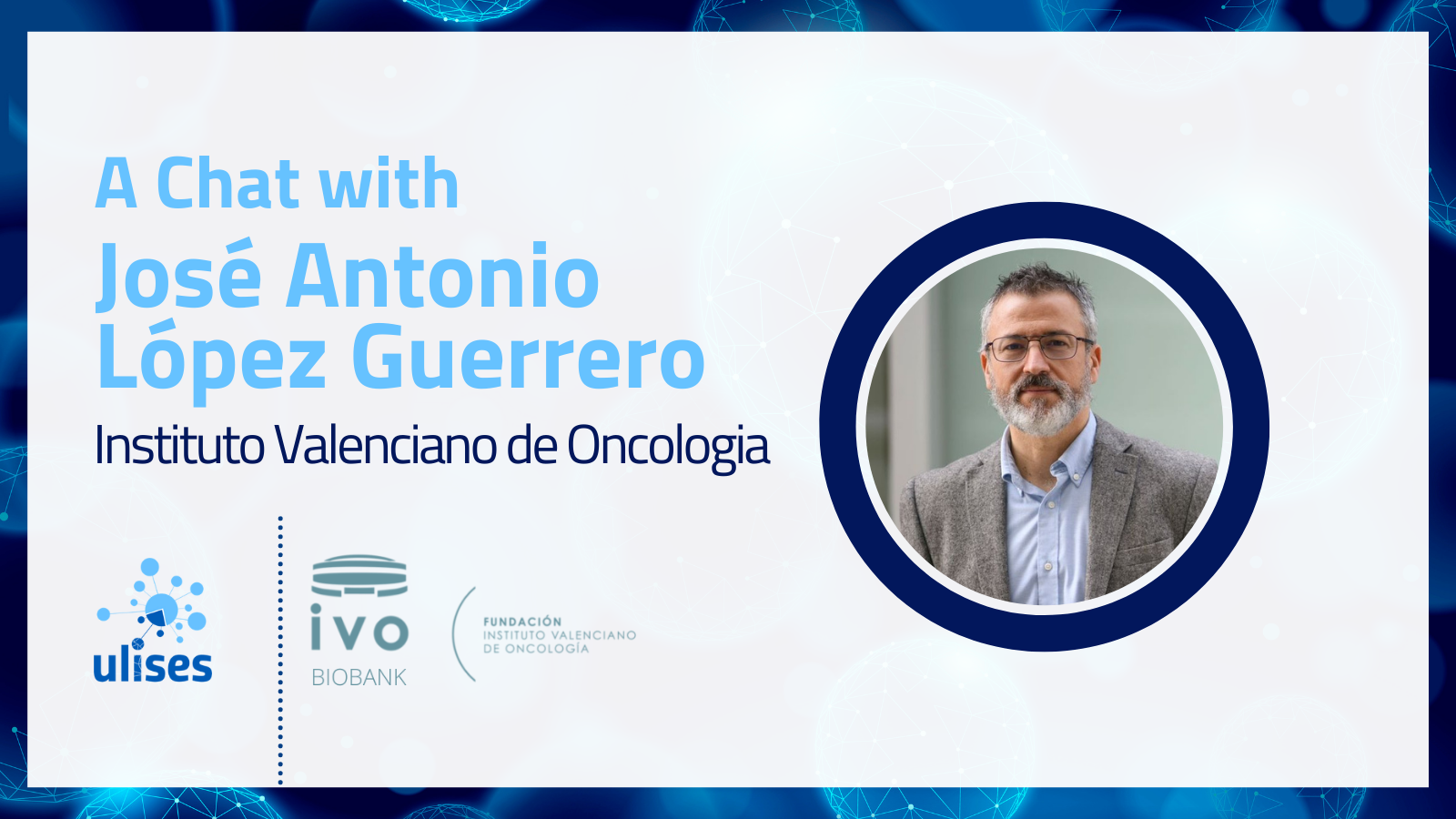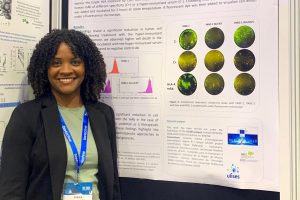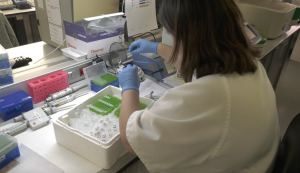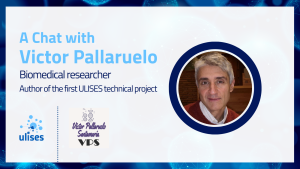José Antonio López-Guerrero explains how his institution intends to achieve the ULISES goals, but also how ISO 20387 accreditation will strongly impact the project.
José Antonio López-Guerrero is Head of the Molecular Biology Laboratory at Fundación Instituto Valenciano de Oncología, one of the ULISES partners.
He explains to us the role of his institution within ULISES and how ISO 20387 Accreditation, just awarded, will impact its work towards ULISES’ goals.
First, could you explain the role of your team in ULISES?
Our main role in the project is to build up a collection of biological samples from pancreatic cancer patients. These samples include primary cell cultures from pancreatic tumors from which we can generate in vitro and in vivo models. We can then test the ULISES strategy on these. Additionally, we are characterizing pancreatic tumors at the immunological level to better understand the biological behavior of these tumors.
What type of expertise does your team bring to the project’s research objectives?
The IVO team comprises professionals involved in pancreatic cancer care and translational research. They mainly include surgeons, endoscopists, oncologists, pathologists, and molecular biologists. Together, they ensure the proper collection of the valuable biological samples and clinical information that will be used in ULISES.
Could you give us more details about the research work that you are carrying out in ULISES?
As already mentioned, our research is focused on establishing a collection of bioresources on which the ULISES approach could be validated. We also characterize pancreatic patients at the genetic level (HLA genotyping) and also characterize the tumours using a transcriptomic approach. This is focused on immunological factors and their interaction between different cell components.
What is the most innovative aspect of your work?
I am not sure it can be considered an innovation, but the in vitro models we are generating are unique. In addition, they will provide a basis for validating the innovations developed by other ULISES partners (nanoparticles designers; DNA construct developers; mouse model generators, etc.). From our transcriptomic approach, we will be able to generate a classifier of tumors according to the immunological components (Immunocore), and it will be interesting to know if this score is related to the efficacy of the ULISES approach.
A few days ago, IVO received ISO 20387 accreditation; an important goal, since you are currently the only ones to have it in Spain. What does this accreditation consist of? And what impact will it have on your research work in ULISES from now on?
Yes, this accreditation is a major step forward for our institution’s biobank. We’re the only ones to have been awarded it so far – not just in Spain but also in Europe.
The accreditation recognizes that our biobank possesses all the staff, equipment, facilities, and methods to carry out its activity with technical competence. It also means that we have an adequate management system in place to ensure consistent service. Obviously, this accreditation impacts the ULISES research because it represents a guarantee of technical competence not only for our patients and donors but also for the ULISES consortium and the funding bodies.
The accreditation is an official stamp that certifies that our Biobank is working for providing the best bioresources and that it has implemented the mechanisms and indicators for a continuous improvement of our services.




